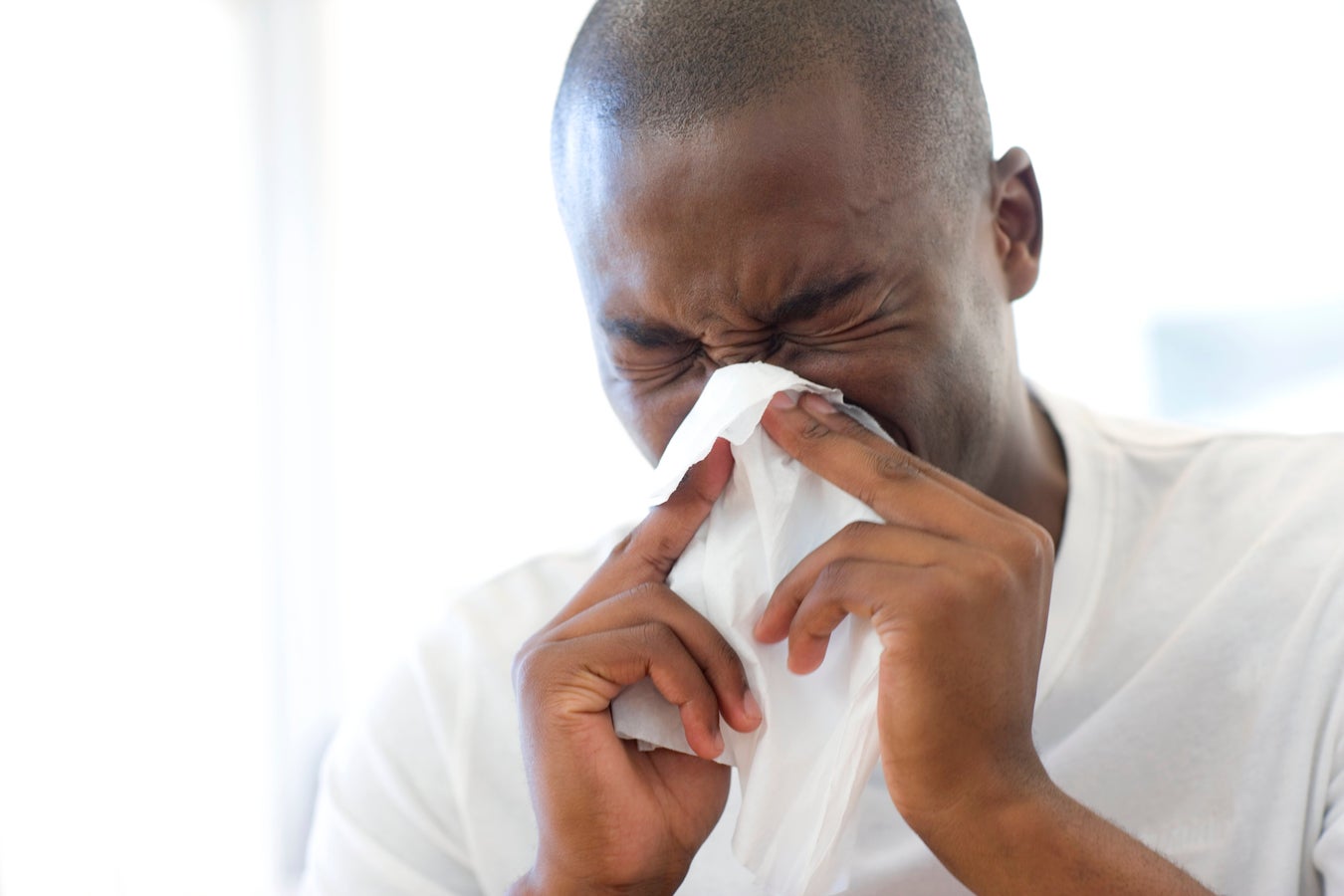The Common Cold: Symptoms, Causes, Treatment
What are the symptoms of a common cold?
The common cold is a viral infection of the upper respiratory tract that is typically mild and self-limiting. It is caused by a variety of viruses, most commonly rhinoviruses. The symptoms of a common cold can vary from person to person but often include:
- Sore throat: A scratchy or irritated feeling in the throat is a common early symptom of a cold.
- Runny or stuffy nose: Nasal congestion or a runny nose is common, and the mucus may be clear and watery at first, becoming thicker and darker as the cold progresses.
- Sneezing: Sneezing is a common symptom of a cold, especially in the early stages.
- Cough: A dry or productive cough may develop as the cold progresses, and it can linger even after other symptoms have resolved.
- Fatigue: Feeling tired or rundown is common with a cold, especially in the early stages.
- Mild headache: Some people may experience a mild headache or sinus pressure due to congestion.
- Mild body aches: Muscle aches or mild body aches can occur with a cold, but they are usually mild compared to the flu.
- Low-grade fever: Fever is less common in adults with a cold but can occur in children. If present, it is usually low-grade.
The symptoms of a cold typically develop one to three days after exposure to the virus and can last for about a week. In most cases, the symptoms of a cold are mild and can be managed with rest, fluids, and over-the-counter medications to relieve symptoms such as nasal congestion, sore throat, and cough. However, if symptoms persist or worsen, it’s important to see healthcare provider, as they could be due to a more serious condition.
What are the causes of a common cold?
The common cold is primarily caused by viral infections, most commonly by rhinoviruses. However, other viruses, such as coronaviruses, adenoviruses, and respiratory syncytial virus (RSV), can also cause colds. These viruses are highly contagious and are typically spread through respiratory droplets when an infected person coughs or sneezes. The virus can also be spread by touching surfaces contaminated with the virus and then touching the face, particularly the nose, mouth, or eyes.
Risk factors for developing a cold include:
- Exposure to infected individuals: Close contact with someone who has a cold increases the risk of contracting the virus.
- Weakened immune system: People with weakened immune systems, such as those with underlying health conditions such as HIV/AIDS, or the elderly, are more susceptible to cold viruses.
- Seasonal factors: Colds are more common in the fall and winter months, when people tend to spend more time indoors and in close contact with others.
- Age: Children are more likely to get colds than adults, as their immune systems are still developing and they are often in close contact with other children.
While the common cold is usually mild and self-limiting, it can lead to complications in certain populations, such as young children, the elderly, and people with weakened immune systems. It’s important to practice good hygiene, such as washing hands frequently and avoiding close contact with sick individuals, to reduce the risk of contracting a cold.
What is the treatment for a common cold?
There is no cure for the common cold, as it is caused by viral infections that cannot be treated with antibiotics. However, there are several treatments and remedies that can help relieve symptoms and make you more comfortable while your body fights off the virus. Some common treatments for a cold include:
- Rest: Getting plenty of rest allows your body to focus its energy on fighting off the virus.
- Stay hydrated: Drinking plenty of fluids helps keep your throat moist and can help loosen congestion and prevent dehydration.
- Humidifier: Using a humidifier can help keep the air moist, which can soothe a sore throat and relieve congestion.
- Saline nasal spray: Using a saline nasal spray can help relieve nasal congestion and keep your nasal passages moist.
- Over-the-counter cold medications: Over-the-counter medications such as decongestants, antihistamines, and pain relievers can help relieve symptoms such as nasal congestion, runny nose, and headache. However, these medications may not be suitable for everyone, so it’s important to read the label and consult with a healthcare provider if you have any questions or concerns.
- Warm salt gargle: Gargling with warm salt water can help soothe a sore throat.
- Honey and lemon: Mixing honey and lemon in warm water can help soothe a sore throat and relieve cough.
- Chicken soup: Chicken soup has been shown to have mild anti-inflammatory effects and may help relieve symptoms of a cold.
It’s important to note that antibiotics are not effective against the common cold, as it is caused by viruses, not bacteria. If you have a cold, it’s best to rest, stay hydrated, and use over-the-counter medications as needed to relieve symptoms. If your symptoms persist or worsen, it’s important to consult with a healthcare provider.




